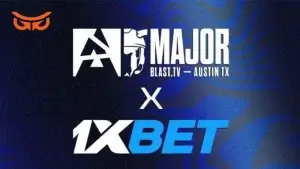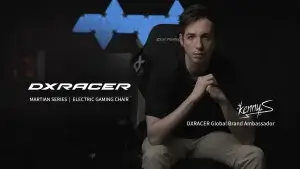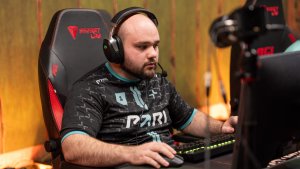An MMO that has stood the test of time by being around for almost two decades is World of Warcraft. Considering how long it has been around, it is pretty surprising that the number of tournaments for this game is quite limited.
For 2025, the title is celebrating an epic anniversary and Blizzard is taking things to the next level.
[cta id=2581 type=geo]Please gamble responsibly.
WoW: The War Within
For the 2025 season, Blizzard is building up tournaments to the reveal of Midnight. Accordingly, the season is designed with the intention of revealing Midnight at the end of the Summer.
Here’s a look at the content schedule for World of Warcraft 2025:
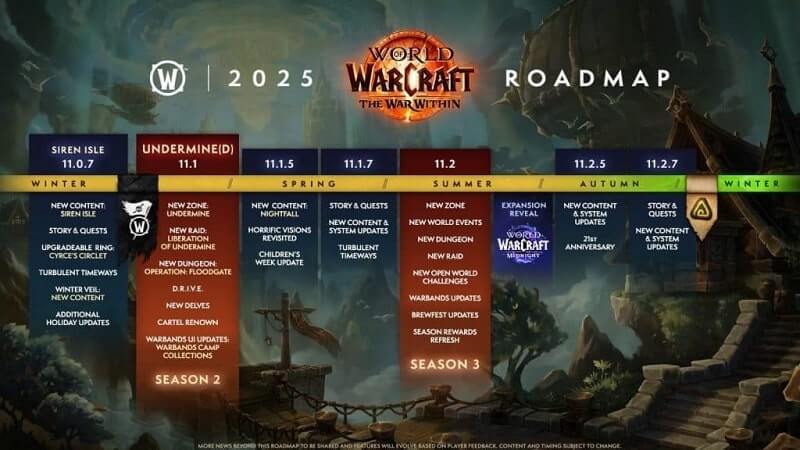
Let’s take a closer look at the competitive season below.
Arena World Championship

Historically looked at as a defining event, the Arena World Championship is now shifting to a Seasonal Cup model.
Hosted in a number of regions, two seasons took place in 2024, with a total of four AWC Cups (Online Open Brackets) building up to international tournaments such as the Mid-Season Clash and the Dragonflight Grand Finals.
The following graphic summarizes what the Arena World Championship looks like:
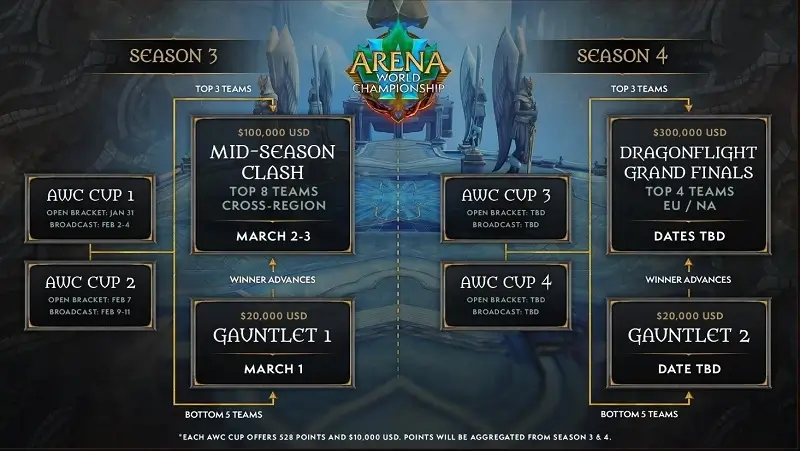
The Cup Phase
Both EU and NA regions have their own cups, and games are played each week, and anyone can participate in the tournament as long as they have a team of three players; it is possible to register with four players on a team for flexibility (but games are still 3v3).
Gauntlets & Tournaments
At each regional Gauntlet, teams who did not qualify for the Season tournament have the chance to move forward. Specifically, only the winner advances to the international tournament.
For the Arena World Championship, there are the following tournaments to look forward to:
- Mid-Season Clash – $100,000
The Mid-Season Clash takes place only features top 8 qualified teams from Europe and North America.
- Dragonflight Grand Finals – $300,000
Only the very best earn a spot. Specifically, the top 4 teams from Europe and North America duke it out to crown new International Champions.
See also: The best WOW players of all time
Mythic Dungeon Invitational
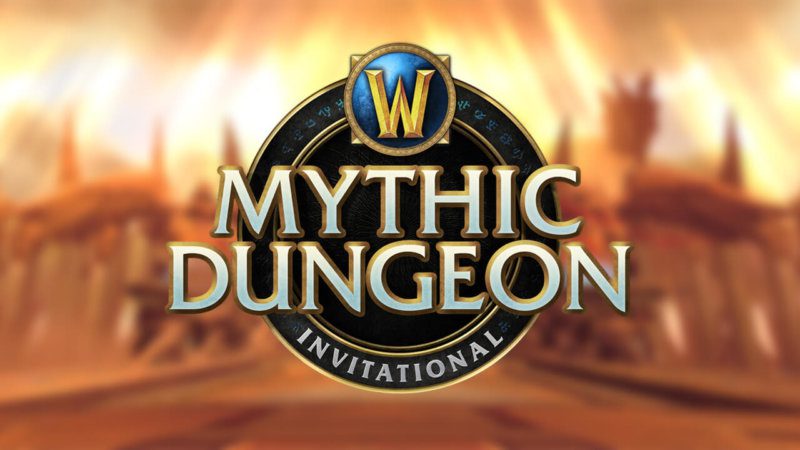
When it comes to the PvE side of WoW, the main tournament that runs throughout the year is the MDI. This tournament is available to anyone who decides to compete, and because of that, it starts off with Time Trials.
Time Trials
During the Time Trials, teams that applied to compete in the event will have to finish two dungeons of their choice in the fastest way possible, and the fastest teams get to advance to the Group Stage of the esports tournament.
Group Stage
The Group stage has teams that qualified through Time Trials split into three different groups: A, B, and C. Brackets are formed for double-elimination, so there is a winner’s and a loser’s bracket.
Unlike Time Trials, the Group stage will have pre-determined dungeons and affixes in each part of the bracket, and the team that performs better than their rival two out of three times will continue through the winner’s bracket, while the loser goes to the loser’s bracket where they can make a comeback in the tournament by not dropping another game.
From each group, four teams advance to the Global Finals.
Global Finals
In the last stage of the tournament, teams compete for a part of the $200,000 prize pool. The format is a double-elimination bracket, and the matches are played the same way as in the Group stage.
Moreover, here’s an example of the format:
- Time Trials
- Group A and Group B
- Global Finals
The Great Push

While the principles of this tournament are very similar to the MDI, it is a much smaller event that is packed with action.
Qualifiers
Instead of Time Trials, it has a Proving Ground phase. Teams are given two dungeon keystone combinations, and in the few days of Proving Grounds, they are required to push them as high as possible. The top six teams with the highest keystones will compete over the course of three days.
Main Event
The first day reveals four dungeons that the teams have to push as high as possible, the second day adds another dungeon to the pool, and the third day adds the final dungeon to the pool. Each day, the worst-performing team is cut, so on the final day, only four teams compete. The prize pool is $20,000 but is split between the top six teams.
The winning team is the one that manages the highest number when levels of keys are combined.





